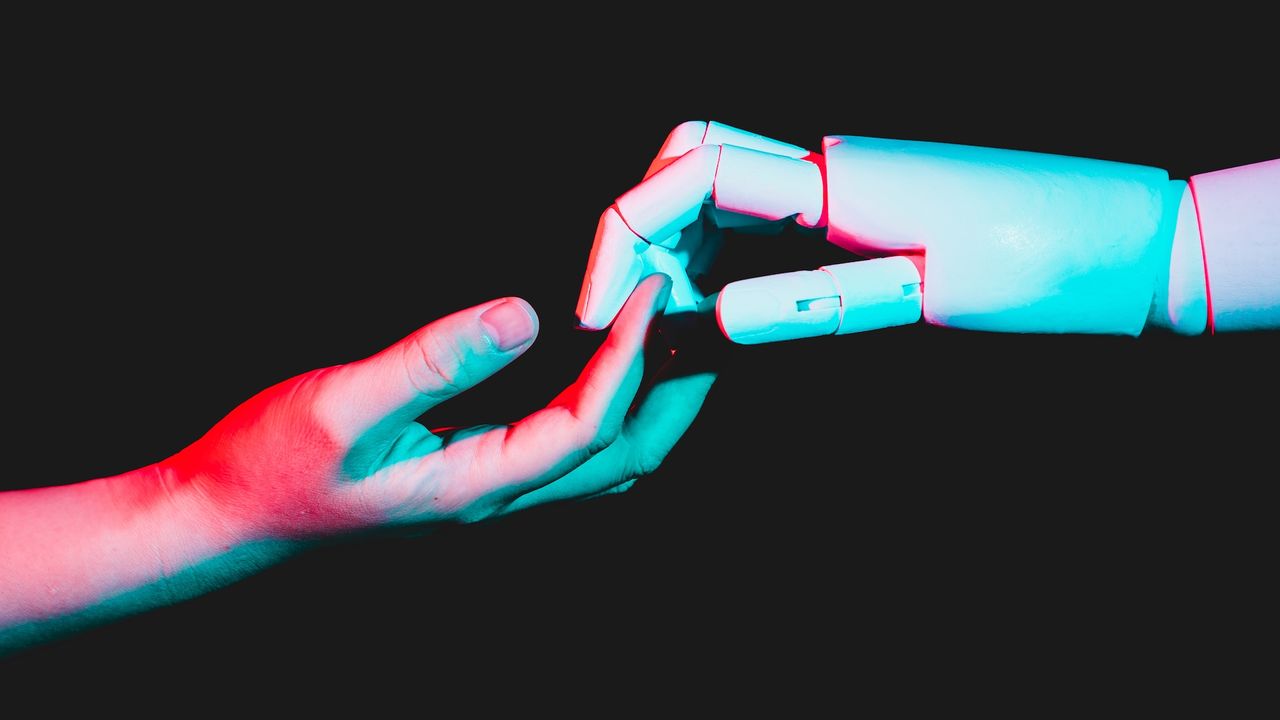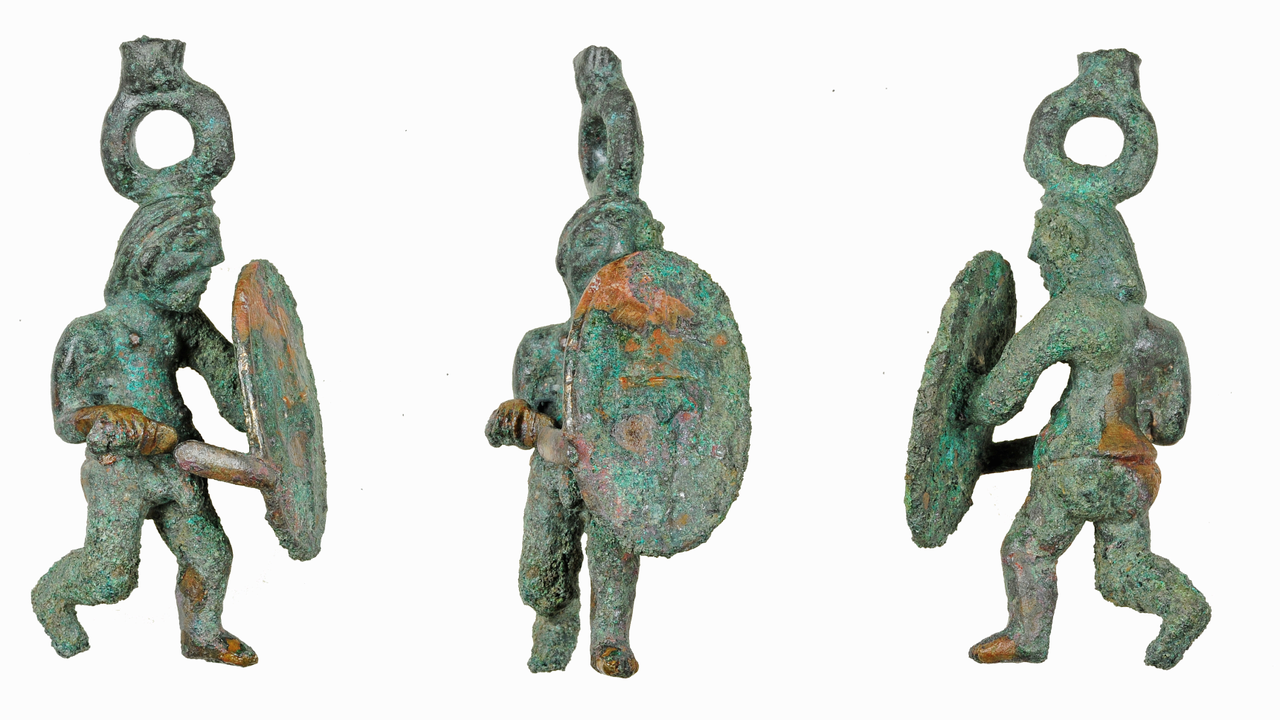Now Reading: Poll on ‘Pregnancy Robots’ Sparks Debate Among Live Science Readers
-
01
Poll on ‘Pregnancy Robots’ Sparks Debate Among Live Science Readers
Poll on ‘Pregnancy Robots’ Sparks Debate Among Live Science Readers

Rapid Summary:
- News Context: A poll conducted by Live Science explored public response to the idea of “pregnancy robots” after false news claiming such technology was being developed in China surfaced.
- Poll Results:
– 30% of respondents said they would use a pregnancy robot provided their baby’s health was guaranteed.
– 29% opposed the idea, deeming it unethical.
– 11% expressed unconditional support for robot surrogacy.
– 8% raised concerns about safety and technological risks during progress.
- Ethical and Emotional Responses:
– some participants argued a natural mother-child bond and developmental connection cannot be replaced by robots. Others labeled the concept as “anti-human science” or “repulsive.”
– Supporters noted potential benefits like reducing pregnancy risks, improving gender equality, and inspired comparisons to ideas in science fiction literature.
!a human hand touches a robot hand
Image credit: Kilito Chan via Getty Images
Indian Opinion Analysis:
The concept of using robotics for surrogate pregnancies touches on profound ethical, scientific, and societal challenges. While there is no factual basis to claims about current development of such technologies, discussions around them reveal polarizing opinions that cut across issues like human connection, ethics, safety protocols in medical innovations, and gender dynamics.
For India-a country with robust traditions surrounding maternity-the emergence of such technology could trigger debates centered on cultural values alongside modern scientific progress.India’s increasing investment in AI suggests that questions about ethical boundaries may become central as advancements proceed. Though, similar sentiments found globally regarding biology’s irreplaceable role may also resonate amidst growing concerns over depersonalization through automation in healthcare.
Careful deliberation aligning innovation with ethical frameworks will likely shape India’s approach if similar technological propositions gain traction globally.



























